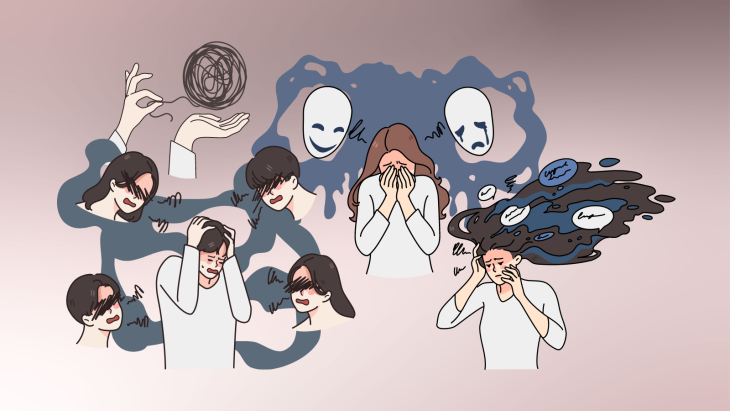Recent Posts
- The Anxious Generation. What is causing Gen Z's mental health crisis?
- Do you have to play games to make relationships work?
- Can a Therapist Find love? The Dating Life of a Therapist.
- Can a Therapist Benefit from Therapy?
- My kid's schedule is fully packed with after-school activities everyday. How much is too much?
Most Popular
How can we overcome the stigma on mental health?

Our perception, attitude and behavior towards mental health and mental illness has dramatically improved, but stigma, prejudice and harmful stereotyping leading to discrimination of people with mental health issues still remain one of the challenges of the 21st century.
In fact, it is estimated that over fifty percent of people with mental illness do not get the help they need, partly because they are afraid of being treated differently or they fear that they will lose their livelihood.
What does the stigma of mental disorders look like?
When we lack understanding, or we fear something, we are prone to developing stigma. It is often fueled by misrepresentation of mental illness in the media. Where we have succeeded in understanding mental illnesses, we have yet to improve our perception and attitude towards people who struggle with mental illness.
- The public’s discriminatory attitudes against people with mental disorders
- A person with mental disorder might have negative attitude including shame about their own condition
- Organizations (governmental and non-governmental) limit the access of people with mental illness to opportunities because of their condition, intentionally or unintentionally.
The harm that stigma brings is felt by both the person with mental illness and their significant others like family and friends.
Strategies to overcome the stigma of mental health and mental illness
A lot of research has been done on effective interventions to counter this stigma. Here are a few things we can do as a society:
- Launch and sustain or join education and awareness campaigns.
- Anxiety disorders and depression may be the most widely discussed mental illnesses, but education needs to cover a broad range of disorders as well in order to improve understanding of them.
- Education campaigns should target groups that have low health-seeking behaviors and those who lack access to mental health services (the youth, minorities, military communities, etc.)
- Education must be tailored to the language and culture of the target audience.
- With the reach of social media, online campaigns are also effective in spreading mental health education.
- Authentic advocacies through stories
- Involving people with first-hand experience with mental health struggles in advocacies makes advocacies relatable.
- These people who share their personal stories makes the experience less frightening to those undergoing it.
- A study has found that even watching these personal stories in videos has a positive effect in increasing people’s access to mental health services.
These are individual actions we can take to reduce mental health stigma.
- Participate in education campaigns to increase your own knowledge about mental illness. Share facts about mental disorders, especially when you see or hear harmful stereotypes.
- Show a caring or accepting attitude towards people with mental health struggles. Others who see you might be encouraged to do the same.
- Be open to talk about mental health issues and especially treatment for disorders.
- Be a role model especially on social media on how to use language that includes, rather than discriminates.
- Use powerful and encouraging language such as:
- “Thank you for sharing that with me.”
- “Can I do anything to help?”
- “I am sorry you are going through that. It must be hard.”
- “I am here when you need someone to listen.”
- “There is hope.”
By equipping ourselves with knowledge and the right perspective, we can battle the issue of mental health stigma. We can model how to empathize and advocate for people with mental health struggles and make society a more bearable and healthier place to live in.
Know how a job board can be your best bet in finding and connecting with a rewarding career in health care or the mental health industry!








Comments